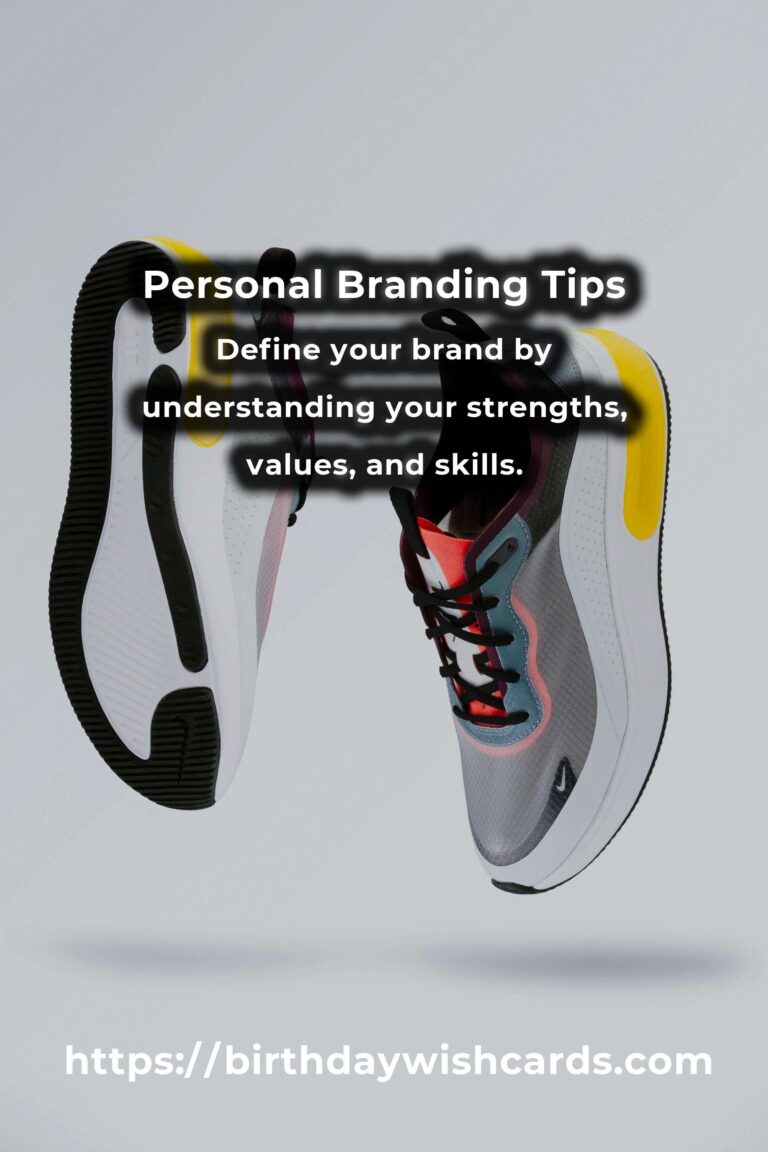
In today’s competitive landscape, personal branding is more important than ever. Whether you’re a business professional, entrepreneur, or creative artist, how you present yourself can significantly impact your career trajectory. Personal branding is the process of marketing yourself and your career as a brand. It involves establishing a prescribed image or impression in the mind of others about an individual, group, or organization.
1. Define Your Brand
Start by understanding what you want your brand to represent. Consider your strengths, values, passions, and skills. What do you want people to think of when they hear your name?
2. Know Your Audience
Understanding your target audience is crucial. Who are you trying to reach? What do they value, and how can you appeal to their needs or interests?
3. Create a Unique Selling Proposition (USP)
Your USP is what sets you apart from others. Identify what makes you unique and leverage that in your personal branding strategy.
4. Develop a Personal Brand Statement
Craft a clear and concise statement that defines who you are, what you do, and what you stand for. This will be the foundation of all your branding efforts.
5. Consistent Messaging
Ensure that your messaging is consistent across all platforms. Consistency builds trust and recognition.
6. Build a Professional Website
A professional website acts as your online business card. It’s a place where people can learn more about you and your work.
7. Optimize Your Social Media Profiles
Your social media profiles should reflect your personal brand. Use consistent imagery, language, and content that aligns with your brand message.
8. Network Actively
Networking is a powerful way to build your brand. Attend industry events, join professional groups, and connect with like-minded individuals.
9. Share Your Expertise
Establish yourself as an expert in your field by sharing valuable content. This can include writing articles, speaking at events, or creating videos.
10. Seek Feedback
Feedback is essential for growth. Regularly seek constructive criticism from peers, mentors, and your audience to improve your brand.
11. Be Authentic
Authenticity is key to building a personal brand that resonates with others. Be true to who you are and what you stand for.
12. Develop a Cohesive Visual Identity
Your visual identity should be cohesive and reflect your brand. This includes your logo, color scheme, typography, and photography style.
13. Leverage Content Marketing
Content marketing is a powerful tool for personal branding. Create and share content that reflects your expertise and adds value to your audience.
14. Manage Your Reputation
Monitor your online presence and address any negative feedback or misinformation promptly. Reputation management is crucial for maintaining a positive brand image.
15. Collaborate with Others
Collaborations can expand your reach and introduce you to new audiences. Partner with brands or individuals that align with your values and goals.
16. Stay Current
Stay informed about industry trends and changes. This will help you remain relevant and position yourself as a thought leader.
17. Use Personal Stories
Sharing personal stories can make your brand more relatable and memorable. Use anecdotes to illustrate your points and connect with your audience.
18. Invest in Professional Development
Continuously enhance your skills and knowledge. Investing in personal growth can enhance your credibility and value.
19. Track Your Progress
Regularly evaluate your personal branding efforts against your goals. Use analytics tools to measure your impact and adjust your strategy as needed.
20. Be Patient
Building a strong personal brand takes time and effort. Stay committed to your goals, and be patient as you work towards achieving them.
By implementing these tips, you can effectively build and enhance your personal brand, leading to greater opportunities and success in your professional endeavors.
Personal branding is essential in today’s competitive landscape. Define your brand by understanding your strengths, values, and skills. Know your audience and tailor your brand to their needs. Develop a unique selling proposition to set yourself apart. Consistency in messaging builds trust and recognition. A professional website is crucial for your online presence. Engage with your audience by sharing your expertise. Authenticity is key to a resonant personal brand. Leverage content marketing to reflect your expertise. Building a strong personal brand takes time and patience.
#PersonalBranding #BrandIdentity #MarketingStrategy #Networking #ContentMarketing

